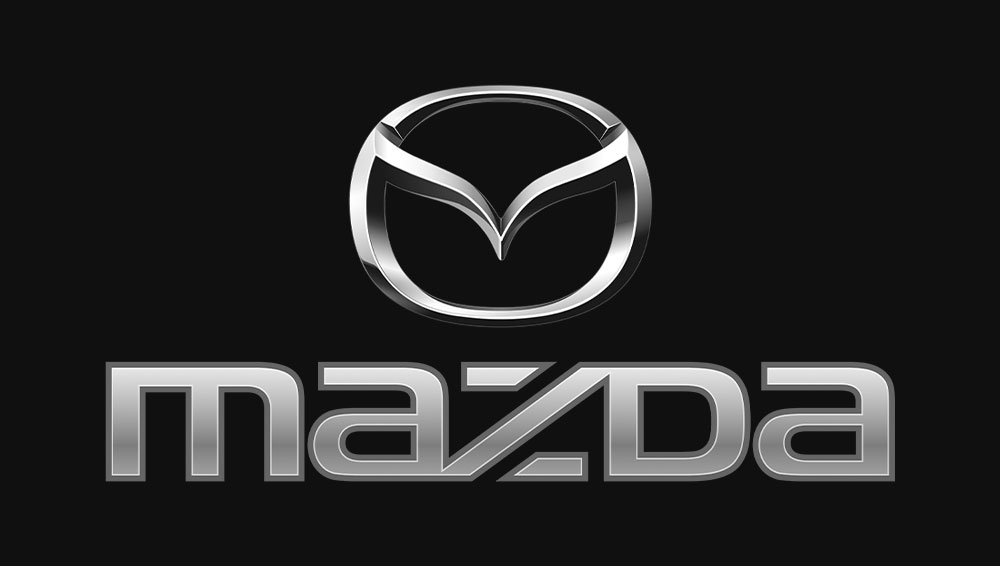Types of Brands
Jan 27, 2021

Brands
Different types of brands include individual products, product ranges, services, organizations, individual persons, groups, events, media, and e-brands.
Individual Brands:
The most common type of brand is a individual product, such as a car or drink. This can be very specific, such as brand of drink, or it can include a wide range of products. Product brands can also be associated with a range of offerings, such as the class of cars or all varieties of toothpastes.
